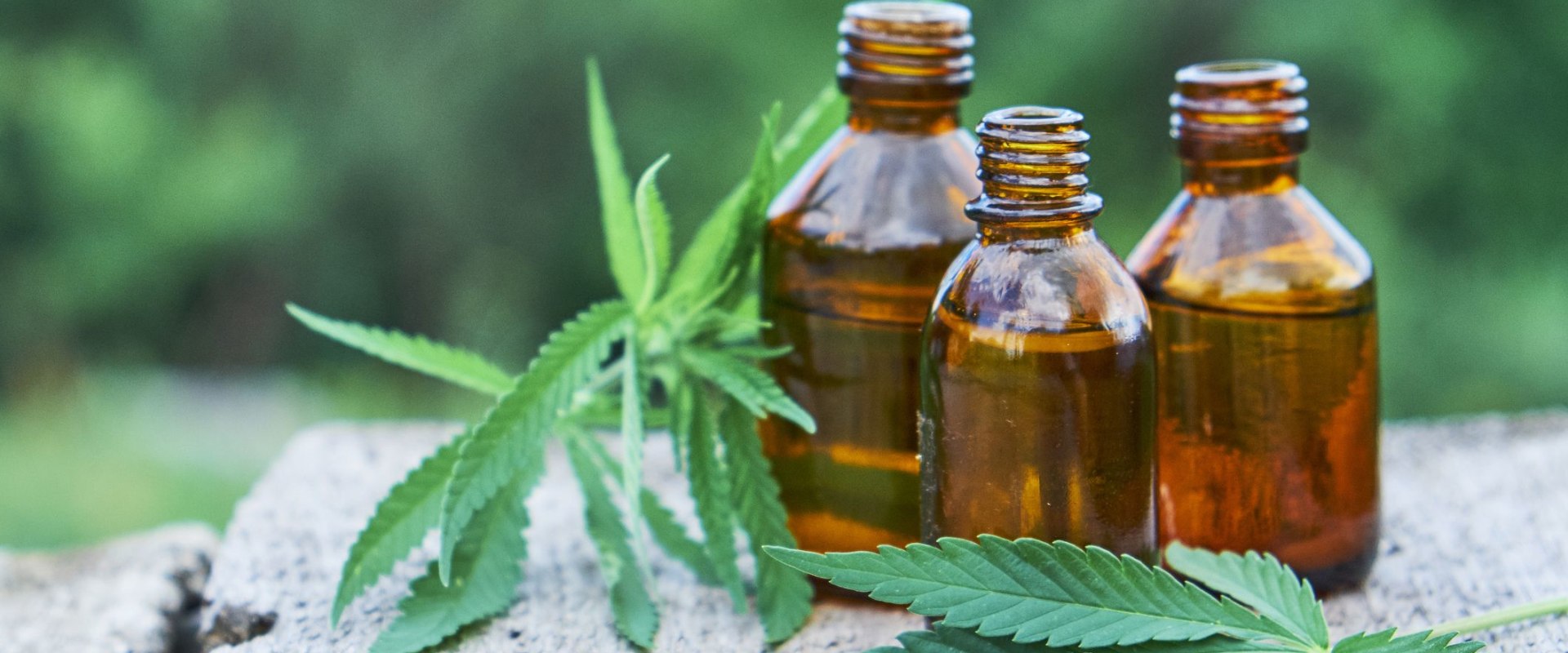Syndros is a Schedule II drug under the Controlled Substances Act, while Epidoloex is a Schedule V drug. Epidoloex is an oral cannabidiol (CBD) solution containing no more than 0.1% THC, used to treat two epilepsy conditions, Dravet syndrome and Lennox-Gestaut syndrome. Under federal law, CBD is derived from cannabis plants with more than 0.3% THC. The United States is a party to the Single Convention on Narcotic Drugs of 1961 (Single Convention) and other international conventions designed to establish effective control of international and domestic trafficking in controlled substances.
For drugs included in Schedule I of the Convention, Parties are obliged to require authorized manufacturers of such drugs to obtain quotas that specify the quantities of such drugs that they can manufacture. For research intended for use as a drug for animals, researchers would establish a research file on new drugs for animals (INAD) at the Center for Veterinary Medicine to carry out their research, rather than an IND with CDER. According to Act FD&C, any product intended for therapeutic or medical use, and any product (other than a food) intended to affect the structure or function of the human or animal body, is a drug. The CSA provides for accelerated programming action when the United States obligations under the Single Convention require the control of a drug.
The Drug Enforcement Administration has eliminated part of cannabidiol from the most restrictive class of controlled substances, a measure that allows the sale of the first non-synthetic cannabis-derived drug to obtain federal approval. This action is necessary to fulfill the Acting Administrator's responsibility under the CSA to include a drug on the list that he deems most appropriate to comply with the United States' obligations under the Single Convention on Narcotic Drugs of 1961. Controlled clinical trials that test the safety and efficacy of a drug, together with careful review through the FDA drug approval process, are the most appropriate way to bring cannabis-derived treatments to patients. Honoring those commitments, mainly those established by the Single Convention on Narcotic Drugs of 1961, is clearly a federal responsibility.
